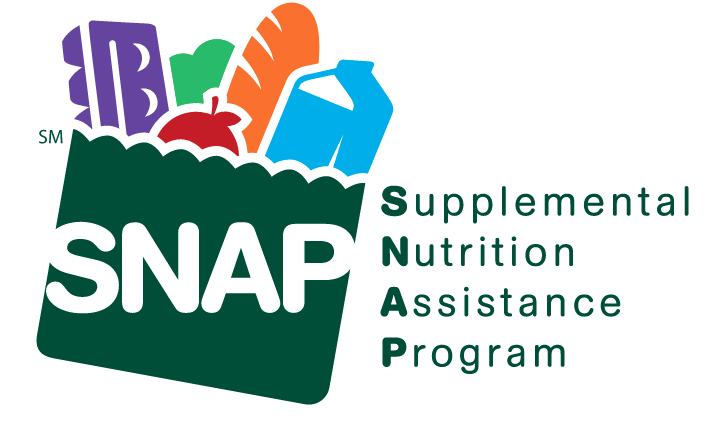Reece: Trump admin lights a flame under the Food Stamps safety net
United States Department of Agriculture [Public domain], via Wikimedia Commons
The Trump administration has recently announced plans to implement work restrictions from Food Stamps benefactors, potentially taking the benefits from up to 700,000 Americans.
December 12, 2019
I know first hand the blessings that come with government-funded welfare programs. When I was living in a dark and damp motel located in the Bayou of lower Alabama, sleeping on the moist and dingy green carpet every night, I found solace in the fact that I was not hungry. My stomach was not growling for nutrition and I at least had dinner to eat. It might not have been a delicious cuisine, but it was something, and I was grateful. I might not have had a steady home, I might not have had an ideal living situation, but at the very least, I knew I had food security thanks to Food Stamps and other government social safety net programs.
So, naturally, when the news broke that the Trump administration was planning on implementing work requirements for the Supplemental Nutrition Assistance Program (SNAP), taking away the Food Stamps of 700,000 Americans, I was skeptical. While, yes, no one should be living off of government benefits solely and not contributing to the greater good of the country, SNAP is a wonderful program that provides millions with necessary nutrients that are essential to a prosperous life.
According to Time Magazine, “Able-bodied adults without dependents living in areas with less than a 10% unemployment rate will have to prove 20 hours of work a week in order to receive consistent benefits.”
As the article goes onto mention, this situation can prove disastrous for individuals who may have difficulty finding work or who do not earn enough hours to meet the requirements.
This all comes at a time where President Trump’s administration is investing heavily in Big Agriculture. As the New York Times reported, “Last year, House Republicans wanted to make it possible for 10 percent or more of the nation’s commodity farms to receive unlimited subsidy payments.”
Some may call this classic conservative economics, but growing up in the family that benefitted from SNAP and other welfare programs, I call this hypocrisy. This move enabled the largest producers of the agribusiness sector to reap the benefits of hundreds of thousands of families–just another example of the government turning a blind eye to least among and benefiting the wealthy who line their pocketbooks. This new move doesn’t support the whole ‘hero of the common man’ narrative Trump has been pushing since 2016; in fact, he has made himself into a reverse Robin Hood, taking from the poor and giving to the rich.
Now, I understand the frustration that working-class individuals might feel about other individuals reaping from a program that they fund with their tax dollars, but these work requirements are not the solution to the problem.
If those requirements for benefits were to exist eight years ago, I am not sure that I would be where I am today. My family, composed of my single mother, my two siblings and I, lived in that motel in the Bayou. We couldn’t afford to pay for our room night after night, so my mother took up a job at the front desk, working the night shifts of the books in return for a place to stay. She might not have met the 20-hour requirements if she had not been able to claim the hours she worked the night shift.
There are undoubtedly hundreds or even thousands of families who could be in the same situation I was in eight years ago, and while I am lucky from being relieved from that situation, others are not as fortunate. There are many factors that go into unemployment and work should be done to help those individuals participate in the job force, but the fact of the matter still stands that SNAP and other programs give those who are just trying to survive a fighting chance. Allowing the agribusiness giants to reap from the poor’s deficit stands in stark contrast to American ideals and transforms Trump from the hero of the common man to the villain of the least among us.










